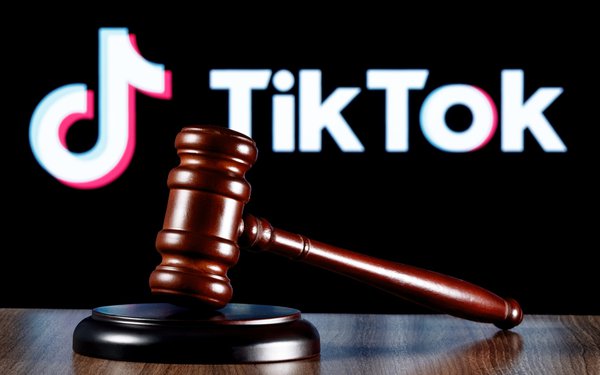
Nevada can proceed with a lawsuit alleging that
TikTok's design features, such as videos that play automatically, injure young users by addicting them to the service, the state's highest court has ruled.
The decision, handed
down late last week, comes in a lawsuit brought in January 2024 by state Attorney General Aaron Ford, who alleged that TikTok was designed as "an addiction machine" that harms teens and young
children.
"Social media platforms like TikTok, with design elements that intentionally keep children engaged for as long as possible-to the exclusion of all other activities
harm their users emotionally, developmentally, and physically," Ford alleged in a complaint filed in Clark County District Court.
advertisement
advertisement
The complaint also alleges that TikTok's
recommendation algorithms serve potentially harmful videos to minors -- such as posts that promote anorexia to teen girls.
Among other claims, Ford alleges that TikTok violates
consumer protection laws by leading parents to believe that it's "safer and less harmful than it truly is."
The lawsuit also includes a claim that TikTok designed its site
negligently.
Attorneys general in California, New York and other states have made similar allegations in separate lawsuits against TikTok. In May, a judge in New
York rejected TikTok's bid for a fast dismissal.
TikTok argued that the Nevada matter should be thrown out for several reasons. Among others, the company said it has a First Amendment right to decide how to display users' posts, and
that Section 230 of the Communications Decency Act protects the service from liability over content posted by users.
Nevada's Supreme Court rejected those arguments, ruling
that the claims against TikTok center on its representations, not content created by users.
"On its face, the state's complaint does not seek to hold TikTok liable for any
third-party content that it publishes," Judge Elissa Cadish wrote for a unanimous court.
She added that even though the complaint discusses "problematic" user-created content,
the purpose of those references is to support claims that TikTok misrepresented the safety of its platform.
"One claim targets TikTok's own alleged misrepresentations and
misleading omissions and therefore does not run afoul of the First Amendment or invoke TikTok's traditional editorial functions immunized under [Section 230]," she wrote.
"The
other claim that TikTok uses harmful design features does not on its face target any expressive activity or third-party content; nor would TikTok need to alter or remove any third-party content to
comply with the alleged duty to design a reasonably safe social media platform for young users."
TikTok has not yet responded to MediaPost's request for comment.